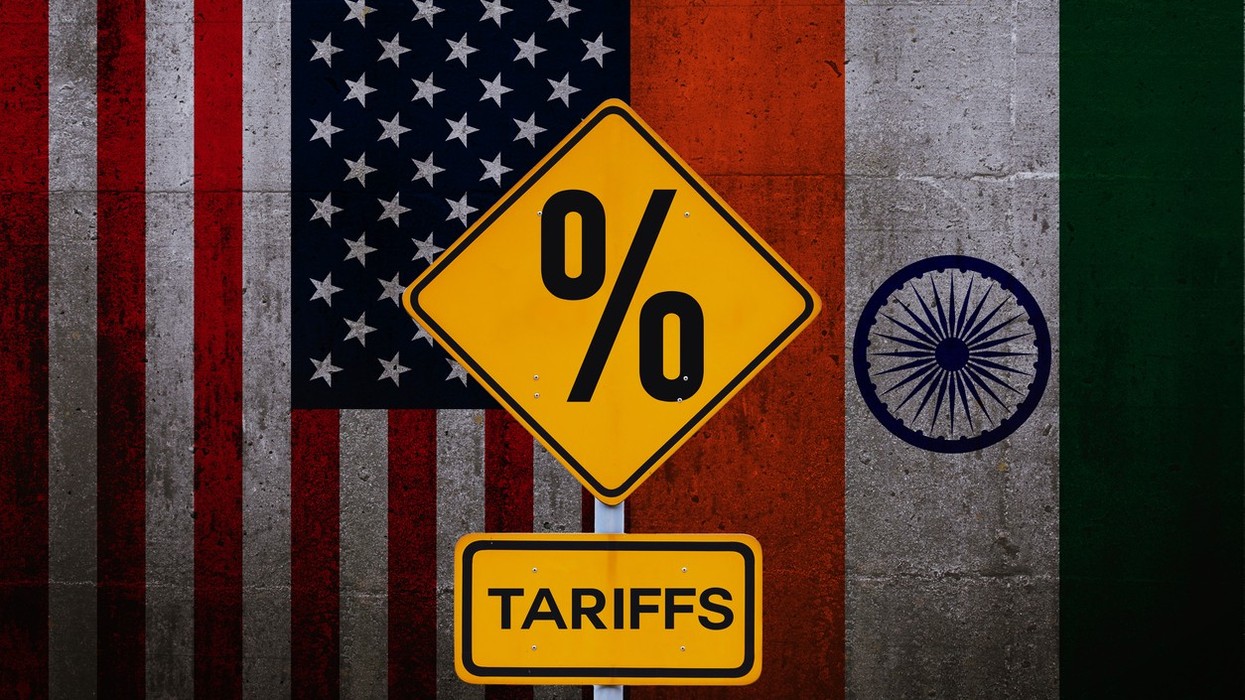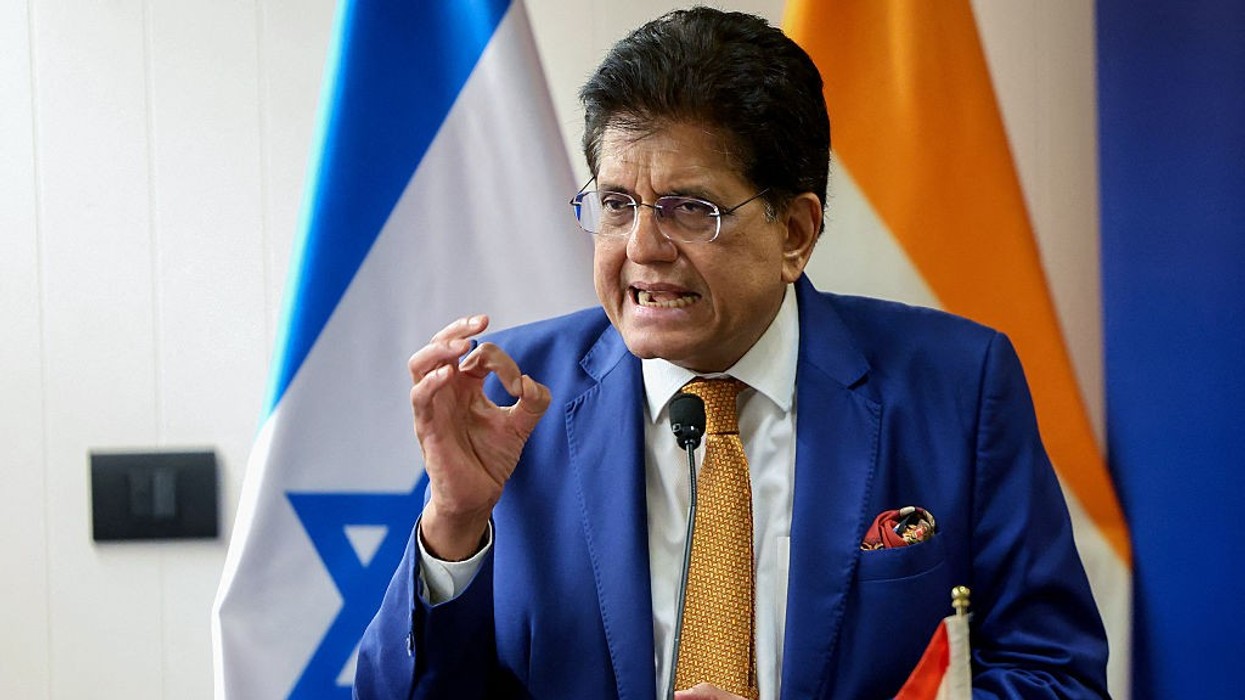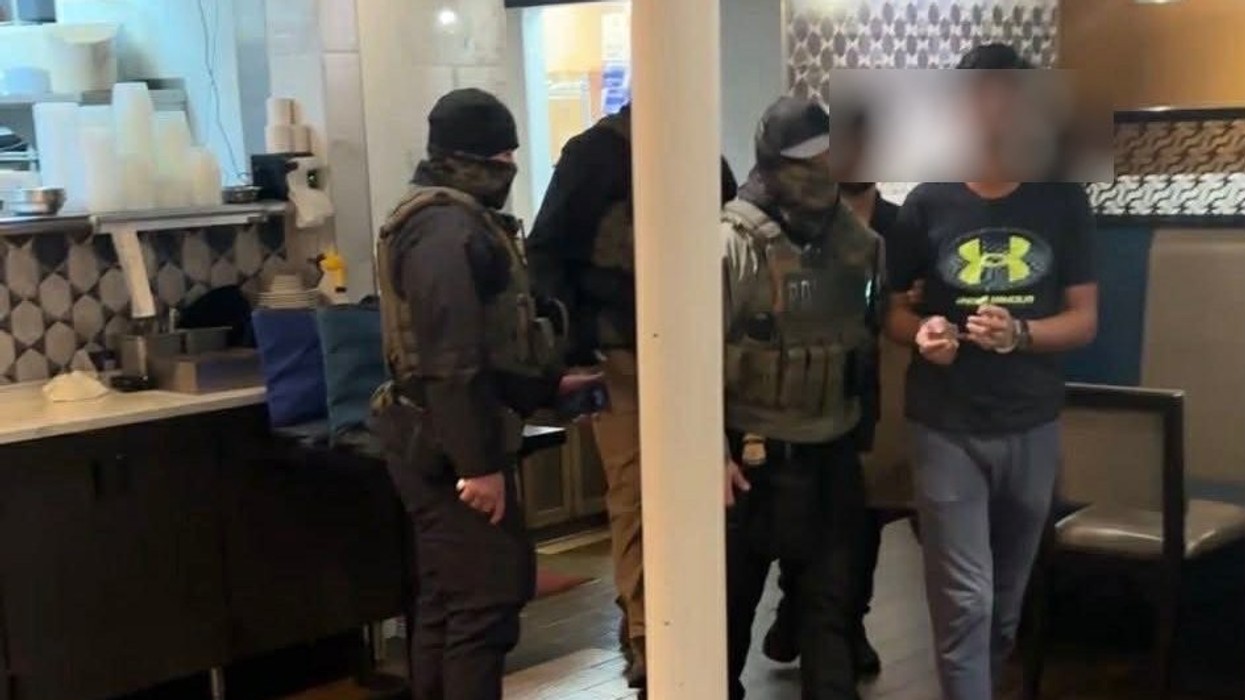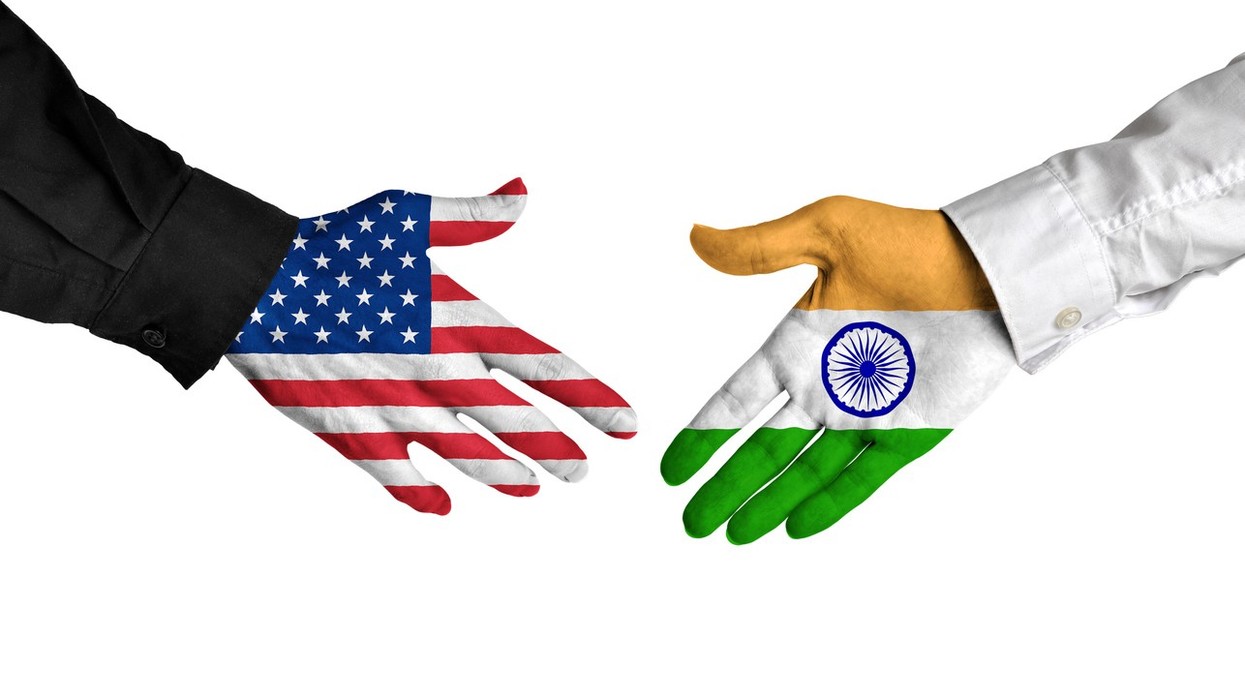Highlights:
Both houses of California’s legislature have passed Senate Bill 509 (SB 509), a controversial measure requiring law enforcement officers to undergo training about “transnational repression”—actions by foreign governments that harass, intimidate, or threaten immigrant communities in the US.
Supporters claim this protects vulnerable groups. Critics, led by prominent Indian-American organizations, warn that the bill unfairly singles out India and endangers civil liberties within their communities.
What SB 509 mandates—and why critics are worried
Introduced by Senator Anna Caballero (D-Merced), SB 509 tasks the Office of Emergency Services with developing protocols for law enforcement, aiming to help police identify and respond to foreign intimidation or repression. While the bill does not name any country specifically, Indian representatives and Hindu advocacy groups say its context and wording are likely to paint India—and, by extension, Indian and Hindu Americans—as targets.
Several groups, including the Hindu American Foundation (HAF), Coalition of Hindus of North America (CoHNA), and HinduPACT, have strongly opposed the bill. They fear SB 509 could suppress peaceful advocacy against Khalistan separatism—movements linked to extremist and violent activities—by conflating criticism of such groups with harassment or repression. Samir Kalra of HAF cautioned, "SB 509 lacks the guardrails necessary to prevent trainings on transnational repression from being politicized.”
Bill supporters say It's about protection
Senator Caballero and the bill’s co-authors contend that SB 509 is vital for the safety of diaspora communities, especially those whose family members or beliefs made them targets for intimidation abroad. In law enforcement training, Caballero notes, officers are equipped to recognize domestic abuse and human trafficking; similarly, they should be prepared to address threats from foreign governments. Immigrant rights advocates and police associations have backed SB 509, saying it will help police respond more sensitively to complex, global threats.
Advocacy groups’ concerns of civil liberties and profiling
Indian-American advocacy groups have lobbied for amendments, pressing lawmakers to prevent the bill from being used against peaceful cultural, religious, or political activities. CoHNA and HAF argue that despite some changes, the law remains broad enough to enable police training by activists who may ignore Khalistan-linked extremism while closely monitoring Indian and Hindu Americans exercising their First Amendment rights. Previous efforts to amend the bill to safeguard civil liberties were rejected, intensifying community fears that legitimate advocacy could be mislabelled as “transnational repression.”
Attacks on Hindu temples add to anxiety
The debate unfolds amid a spate of attacks on Hindu temples in California and elsewhere in the US, allegedly perpetrated by Khalistan separatists. In recent months, Hindu places of worship—including the BAPS temple in Greenwood, Indiana—have been vandalized with anti-India and anti-Modi graffiti. Community leaders say SB 509’s focus on foreign threats risks distracting from rising attacks at home, including by white supremacists and Khalistan-linked extremists.
India’s Ministry of External Affairs has condemned these attacks, urging stricter US enforcement and security for places of worship. Meanwhile, advocacy groups warn that SB 509, if signed into law, might leave Indian-American and Hindu communities exposed to further monitoring and the risk of suppression of their voices.
Awaiting governor’s decision
Governor Gavin Newsom will decide in the coming weeks whether to sign SB 509 into law or veto it. The outcome could have lasting ramifications for how diaspora communities are protected or scrutinized in California and elsewhere.
As the battle over SB 509 continues, Indian-American organizations remain vocal about the bill’s implications—in defense of civil liberties, community safety, and the right to peaceful dissent.
















